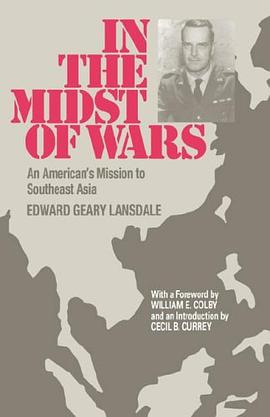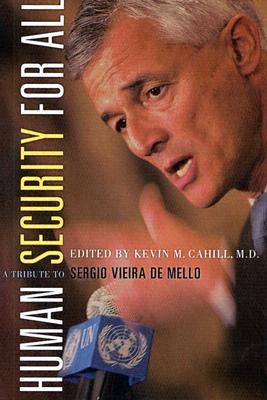

具体描述
Historians have tended to dismiss pacifism and the peace movement of the Civil War era, arguing that most Americans believed in the war as an answer to the crisis of secession. This groundbreaking book offers a much needed new perspective on role played by pacifism during and after Civil War era. Thomas Curran focuses on the "perfectionist pacifists", a group of northerners whose views on Christian perfection and obligation forced them to take an extreme pacifist stance during the War. Curran tracks wartime opposition into the postwar years, when the perfectionists united to create the Universal Peace Union (UPU), America's most radical peace organization of the late nineteenth century. In this respect, the UPU represented a continuation of the optimistic perfectionism found in the reform movements of the antebellum era, a sentiment that some historians have argued became a victim of the horrors of the Civil War and its aftermath. The UPU became involved in a range of causes, including Reconstruction, Native American rights, labor relations, and women's rights. Through the UPU the perfectionists sought to reform all aspects of society to their understanding of the laws of God--a continuation of the optimistic perfectionism found in the reform movements of the antebellum era. Although the UPU had successes during its forty-seven years of operation, it ultimately failed to achieve its idealistic agenda. In Curran's fresh, insightful account, this story shines light on the limitations, often self-imposed, that many reform groups face in achieving their goals.
作者简介
目录信息
读后感
评分
评分
评分
评分
用户评价
相关图书
本站所有内容均为互联网搜索引擎提供的公开搜索信息,本站不存储任何数据与内容,任何内容与数据均与本站无关,如有需要请联系相关搜索引擎包括但不限于百度,google,bing,sogou 等
© 2026 book.wenda123.org All Rights Reserved. 图书目录大全 版权所有




















